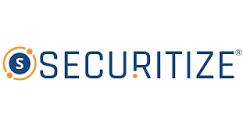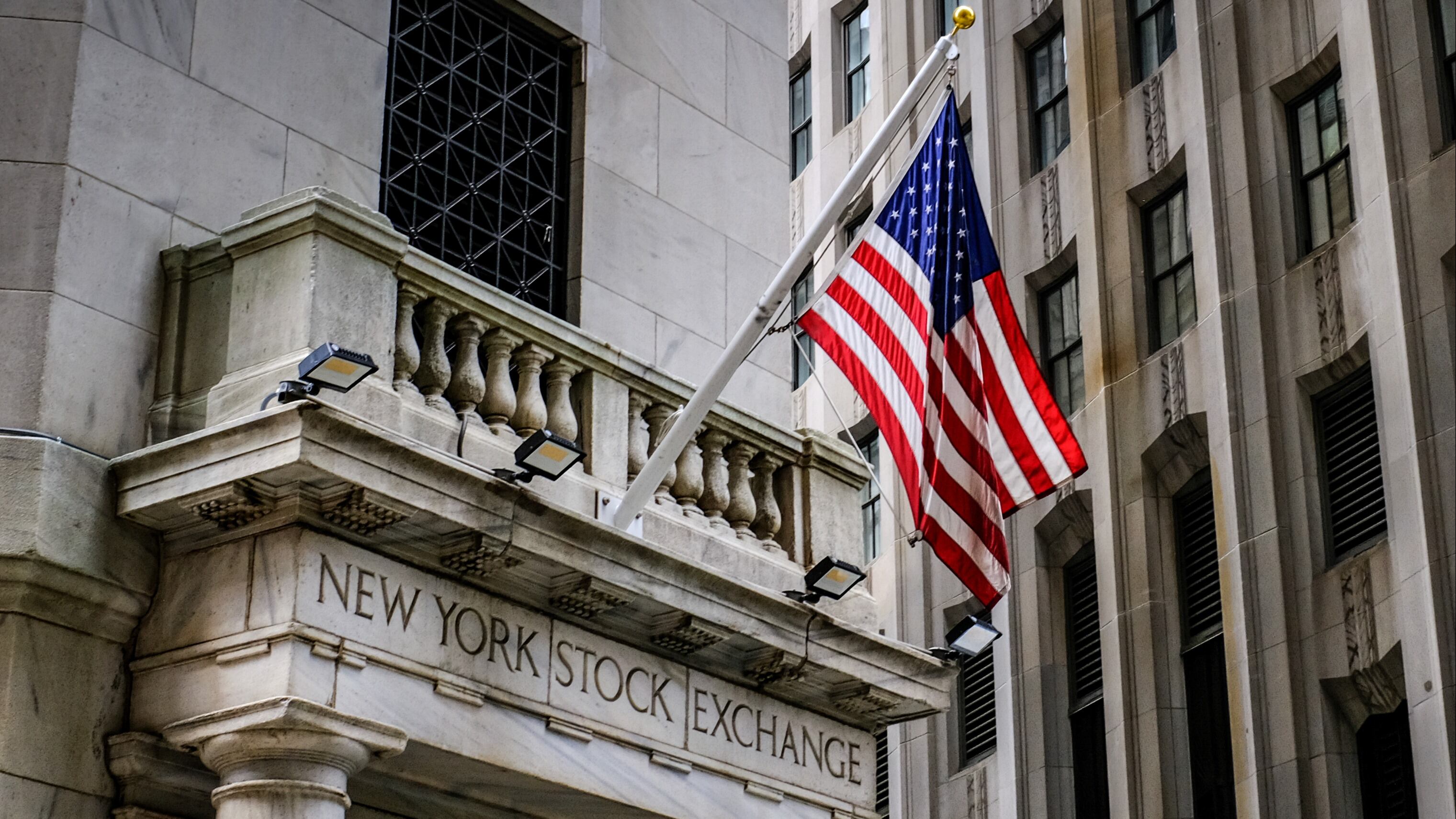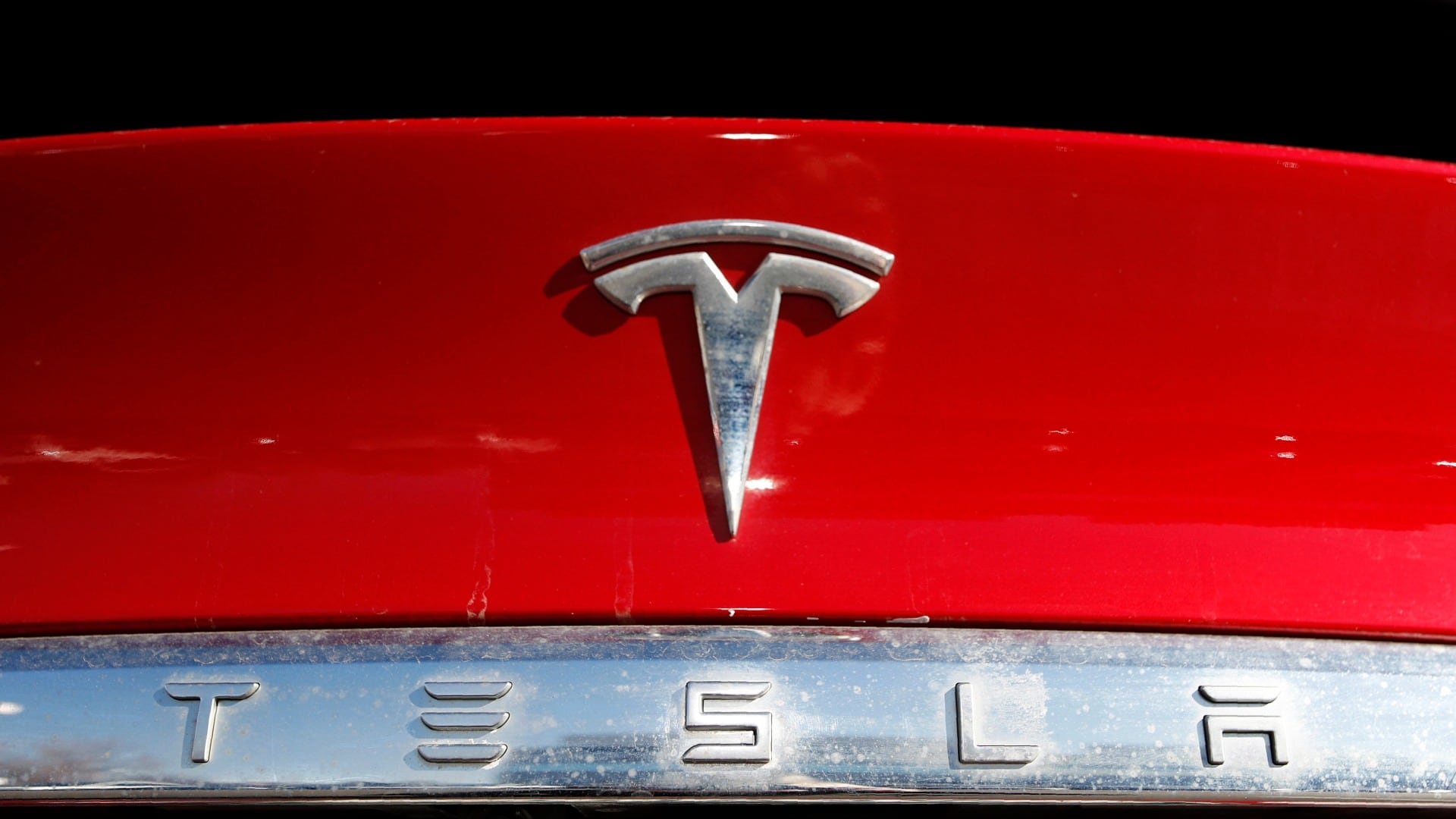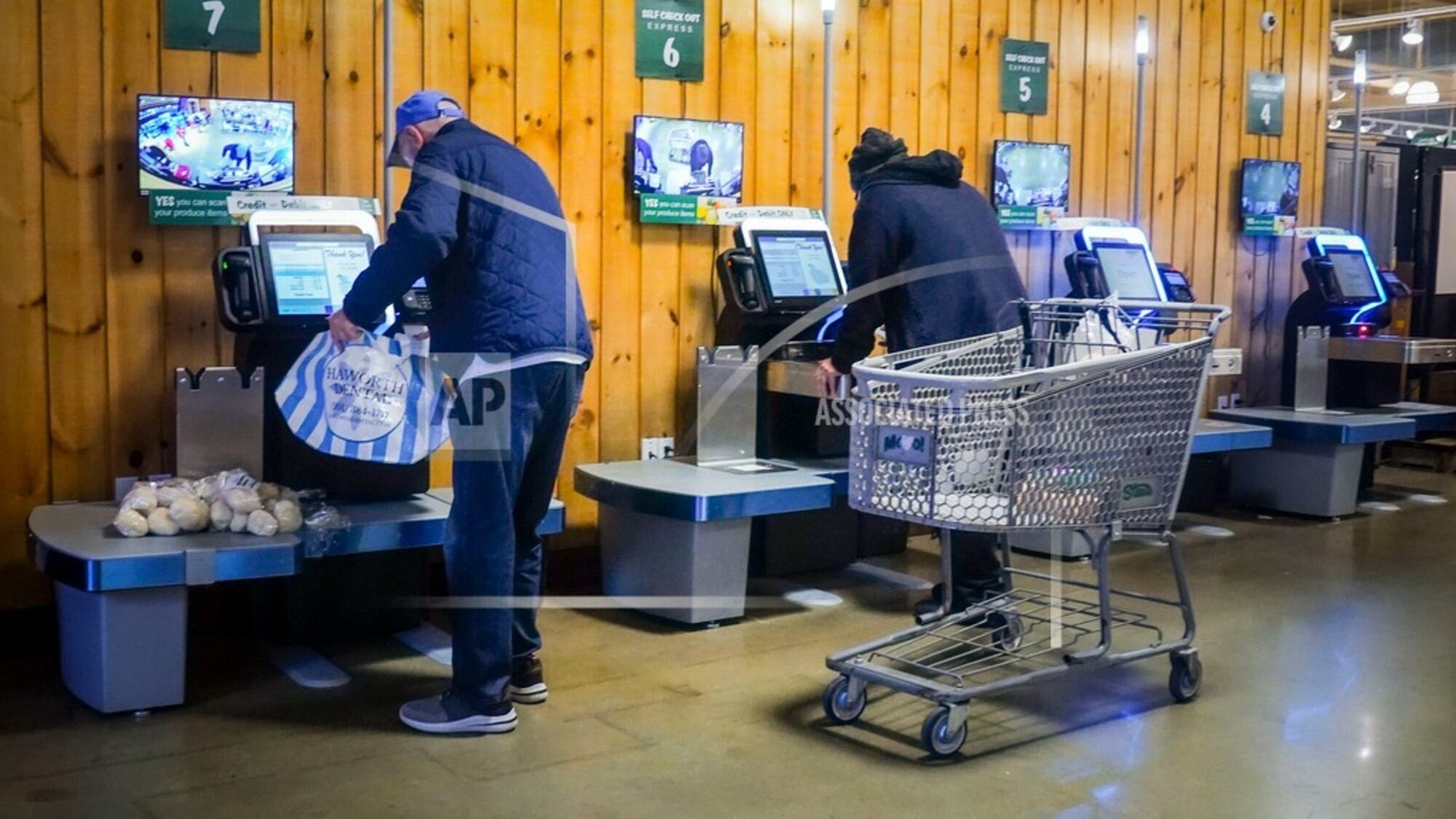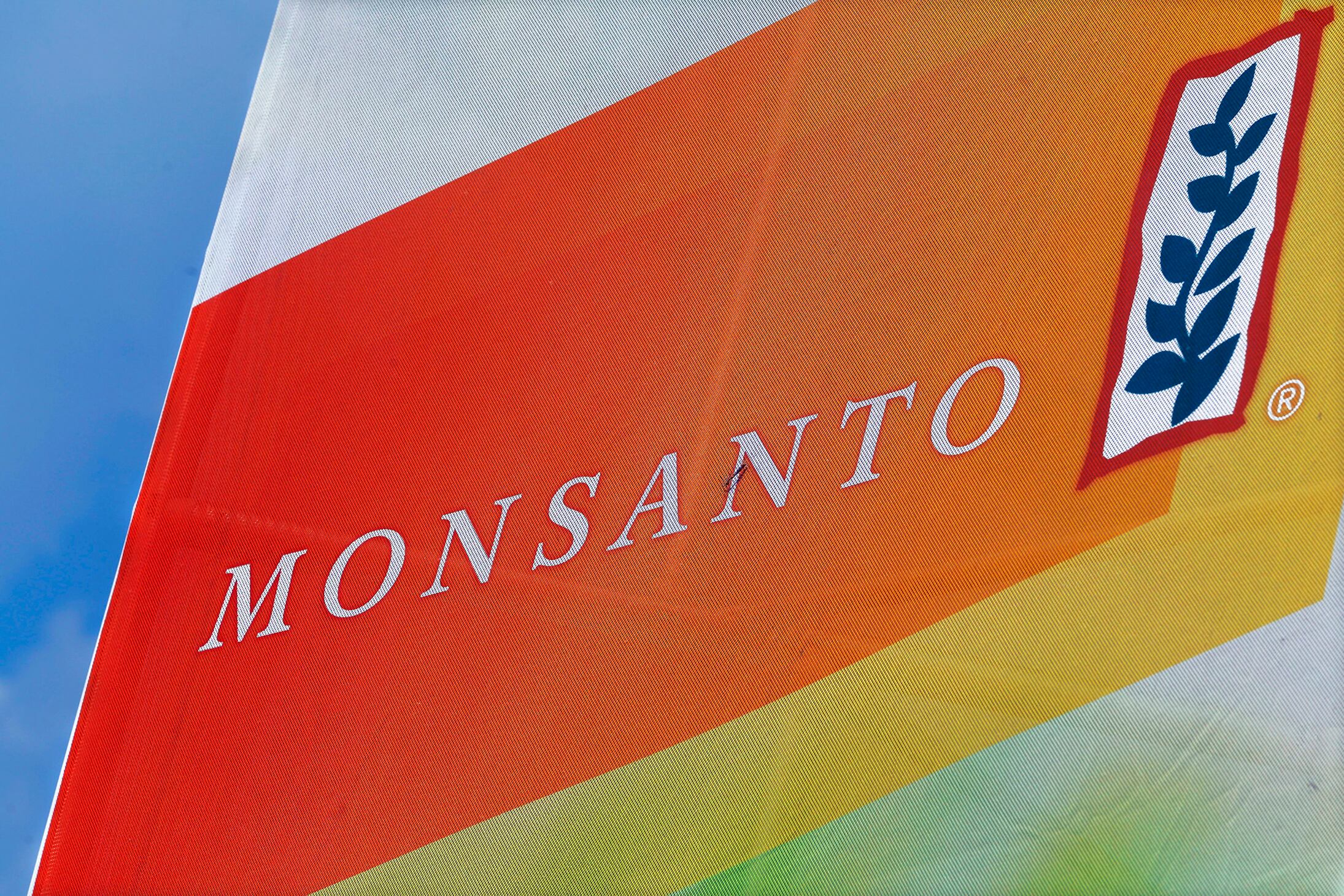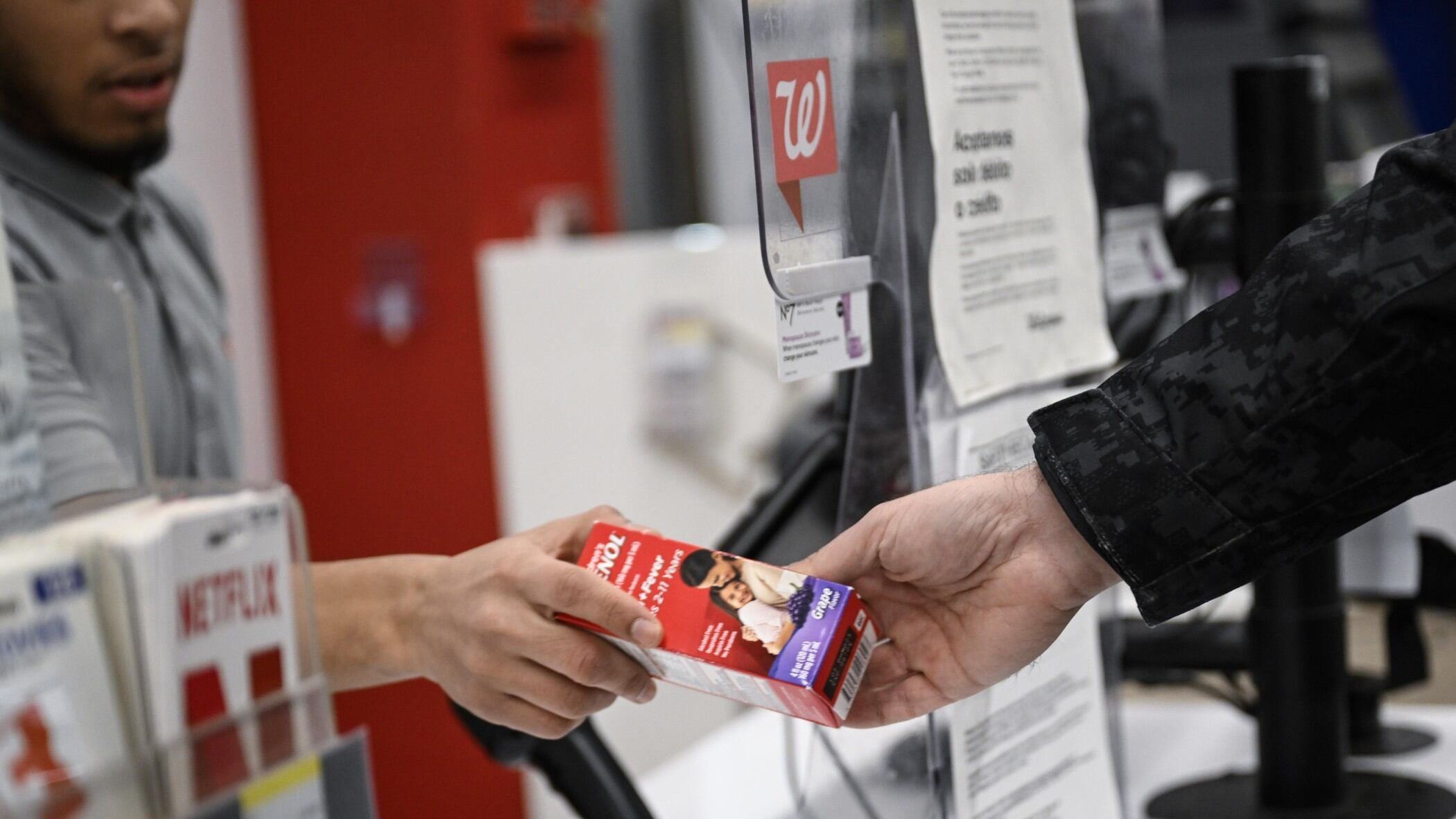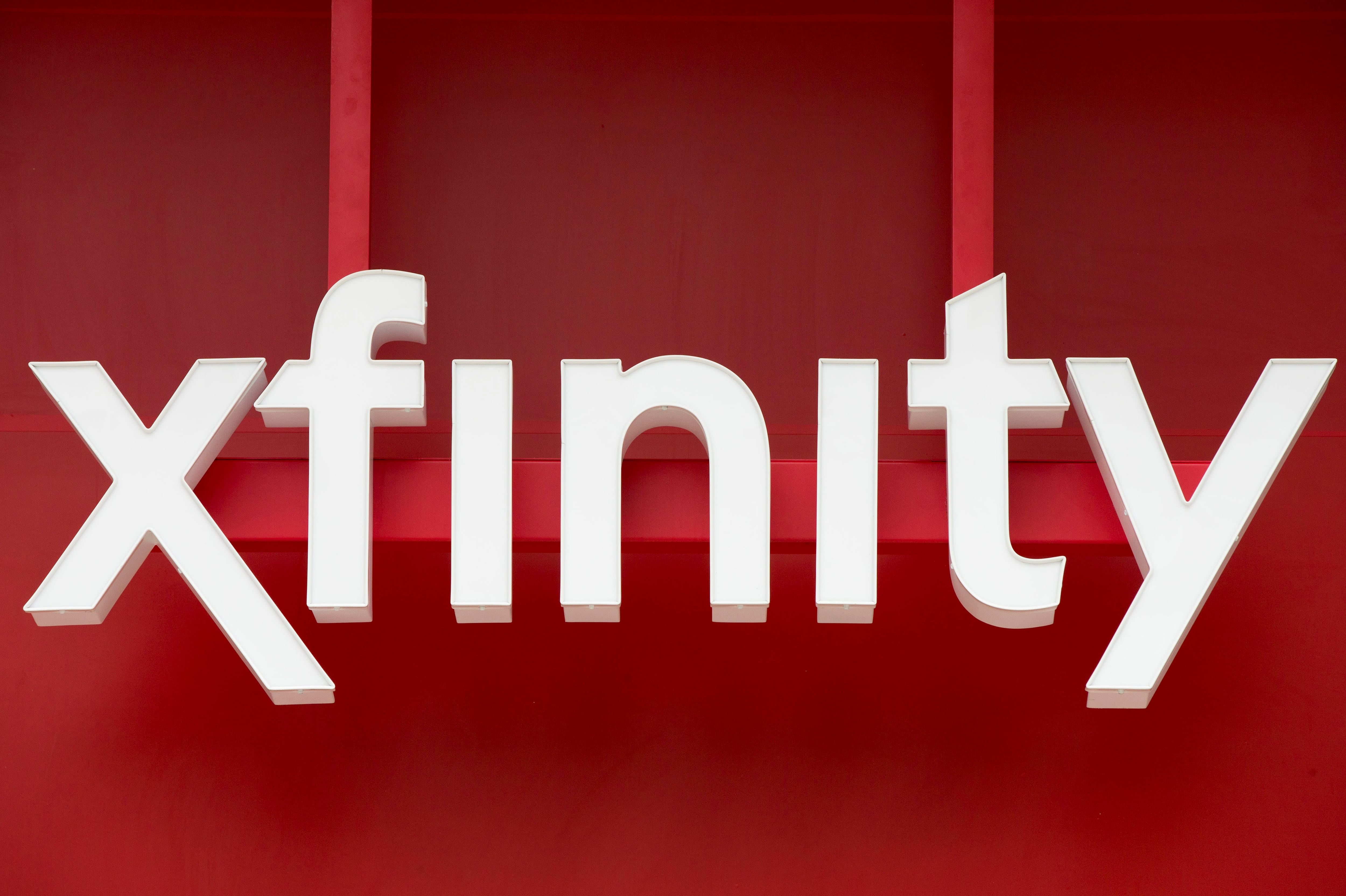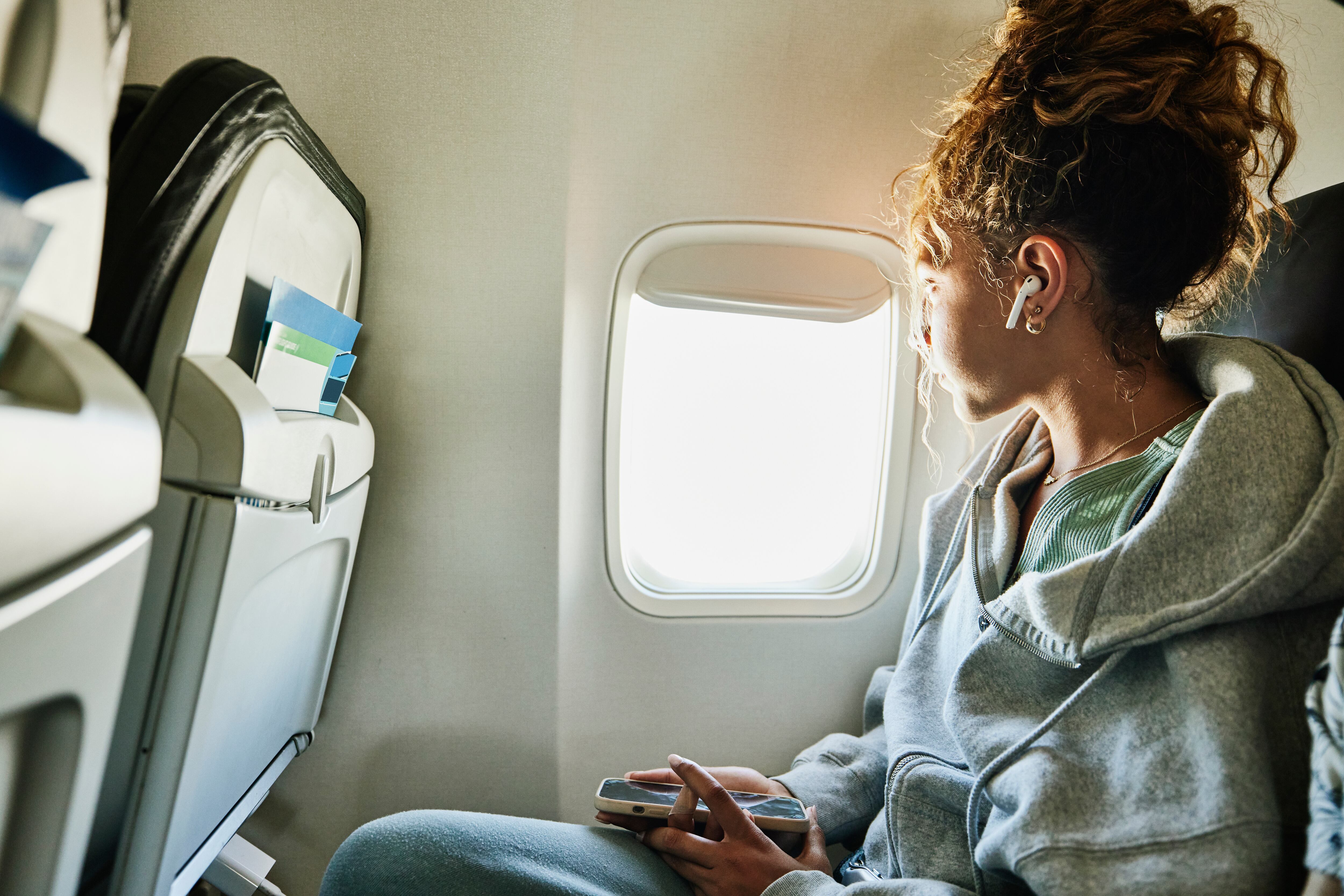The U.S. is seeing the biggest spike in demand for cold, hard cash since the Y2K “bug” panic of 1999, as customers of U.S. banks and credit unions have made big withdrawals to brace themselves for coronavirus fallout.
According to data by the Federal Reserve, the number of banknotes in circulation rose by $35 billion, from $1.808 trillion on March 11 to $1.843 trillion on March 18.
Last week the Federal Deposit Insurance Corporation, the agency that insures bank deposits and protects customers from any losses, urged people to keep their cash in the bank. FDIC Chairman Jelena McWilliams told Cheddar Wednesday that money in insured institutions will be safe, "even if we need to go above and beyond the bank assets to pay out depositors and then replenish the funds.”
The FDIC historically has insured customer deposits up to $250,000 per depositor at FDIC-insured institutions.
McWilliams said the agency doesn’t currently anticipate any bank failures directly resulting from the coronavirus pandemic and that despite the spike in cash withdrawals the FDIC isn’t worried about the system or financial stability of the U.S. The big banks themselves have also insisted they won’t need bailouts.
Nevertheless, the $2 trillion coronavirus stimulus bill, signed into law on Friday, includes a provision allowing the FDIC to insure deposits that total more than $250,000.
Updated March 31 to clarify that the FDIC does not anticipate any bank failures directly resulting from the coronavirus pandemic.
Construction of new homes rose by double digits in November, according to data from the Commerce Department.
Cheddar News' Need2Know is brought to you by Securitize, which helps unlock broader access to alternative investments in private businesses, funds, and other alternative assets. The private credit boom is here and the Hamilton Lane Senior Credit Opportunities Fund has tripled in assets under management in just six months from November 2022 through April this year. Visit Securitize.io to learn more.
Stocks opened lower after the opening bell and on track for its first decline in 10 days after a recent winning streak.
Tesla drivers in the U.S. were in more accidents than drivers of any other car brand this year, according to a study.
The promise of self-checkout was alluring: Customers could avoid long lines by scanning and bagging their own items, workers could be freed of doing those monotonous tasks themselves and retailers could save on labor costs.
Monsanto was ordered to pay $857 million to students and parent volunteers at a Washington school.
A federal judge has struck down hundreds of lawsuits filed against the makers of Tylenol and generic acetaminophen.
California regulators are preparing to vote on new rules for turning recycled wastewater into drinking water.
Hackers accessed Xfinity customers’ personal information by exploiting a vulnerability in software used by the company, the Comcast-owned telecommunications business announced this week.
Some folks want to leave the cold for a quick getaway. Bobby Laurie, travel expert, joined Cheddar News to provide tips on how and when to look for a winter escape.

